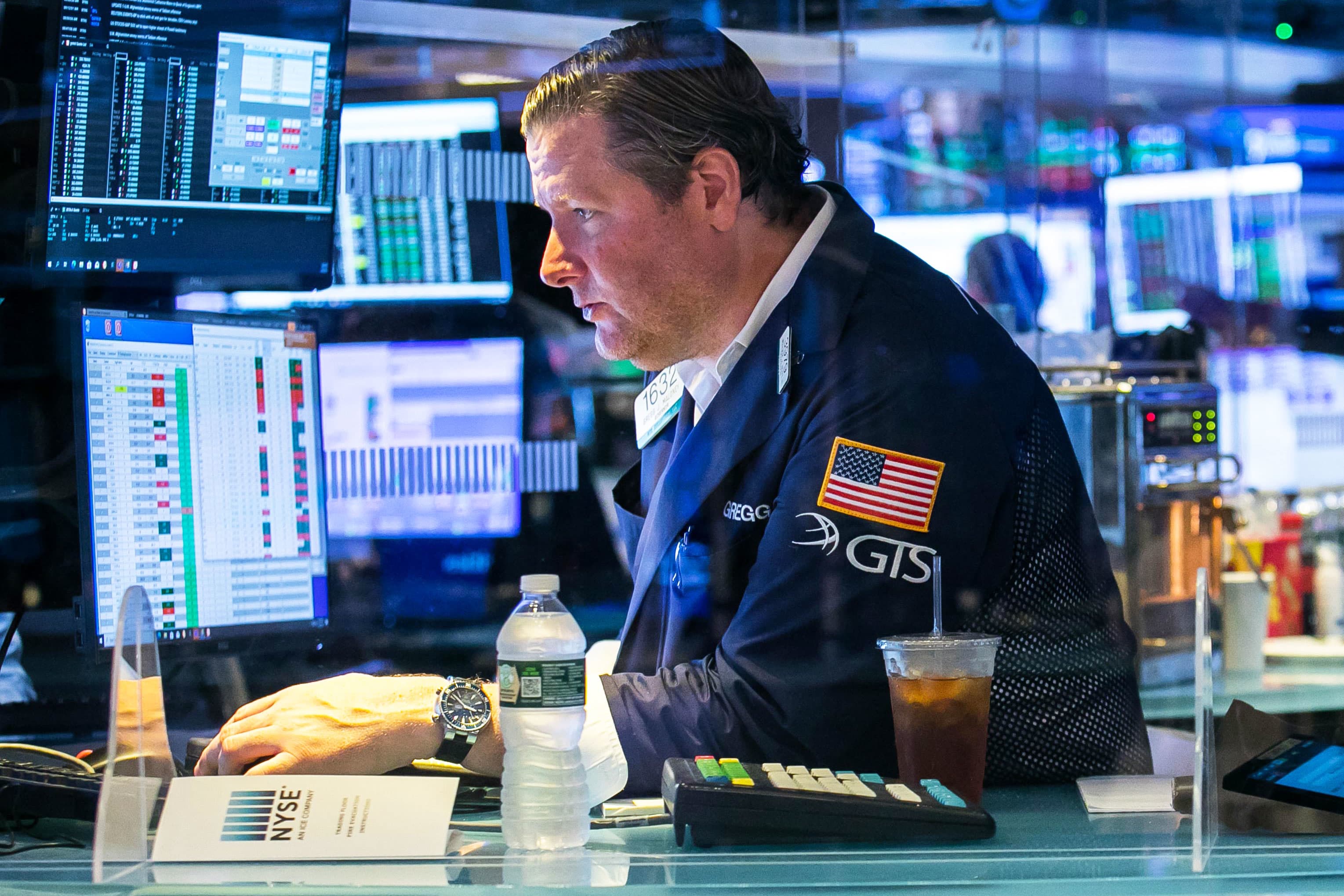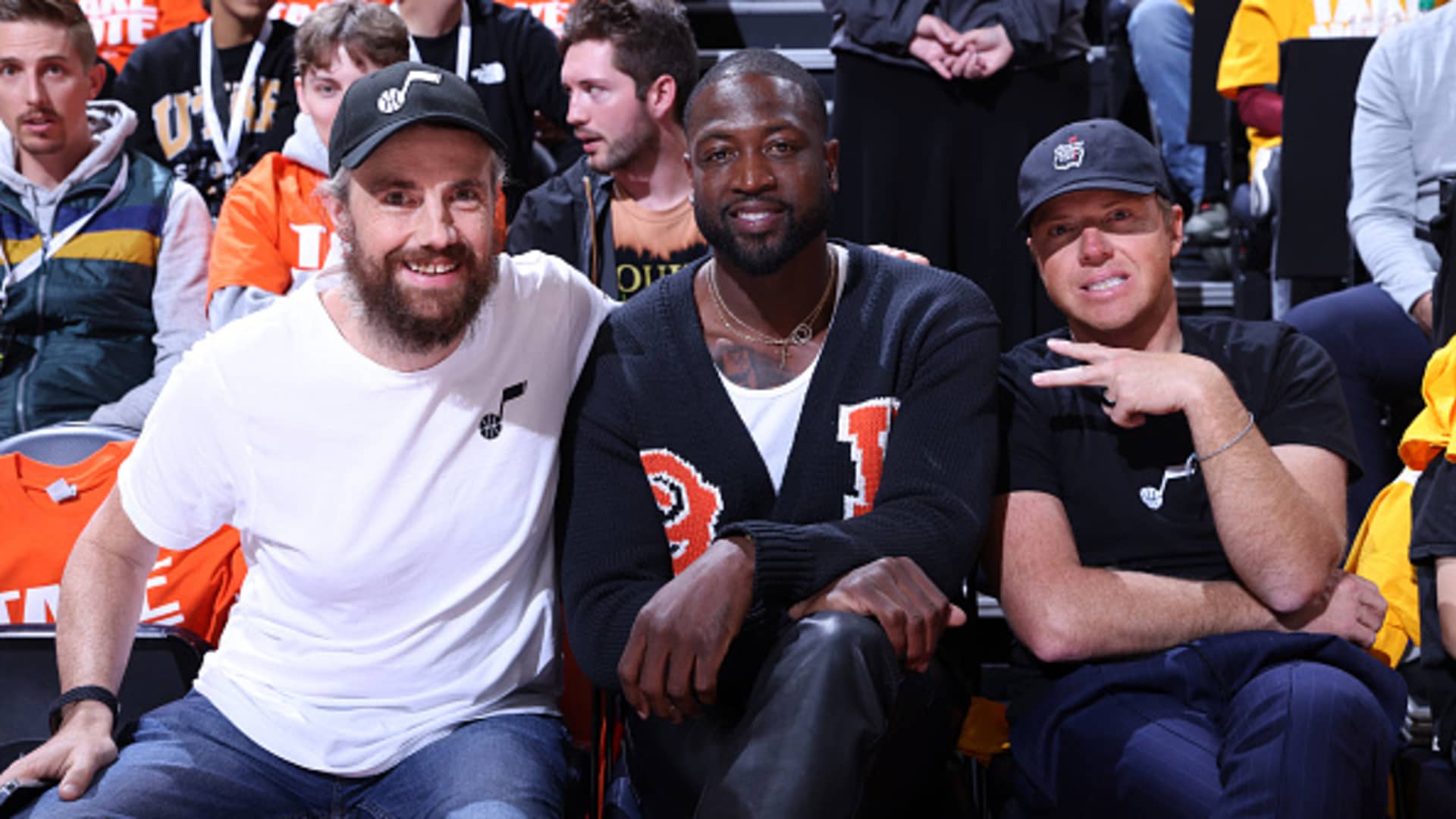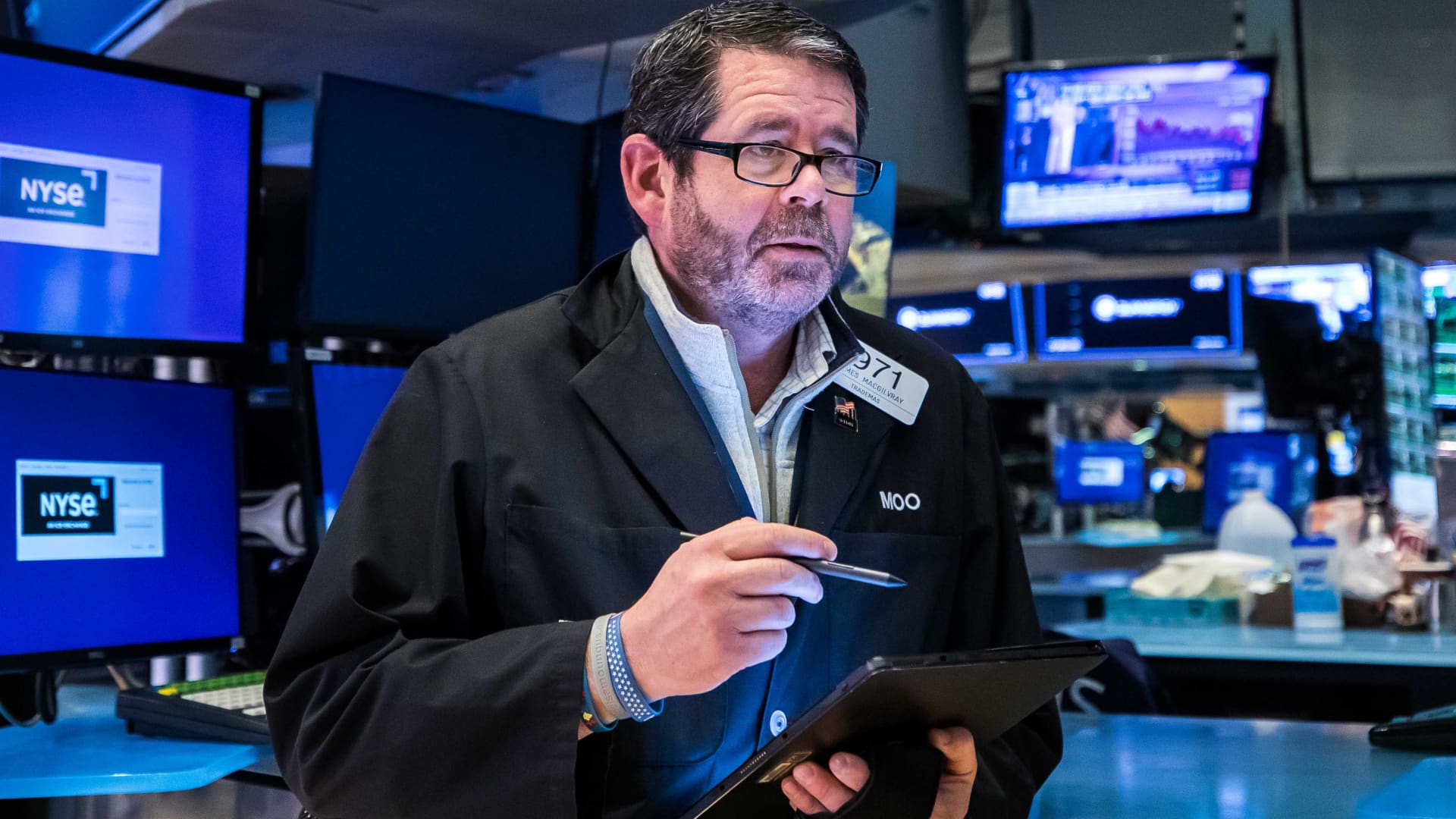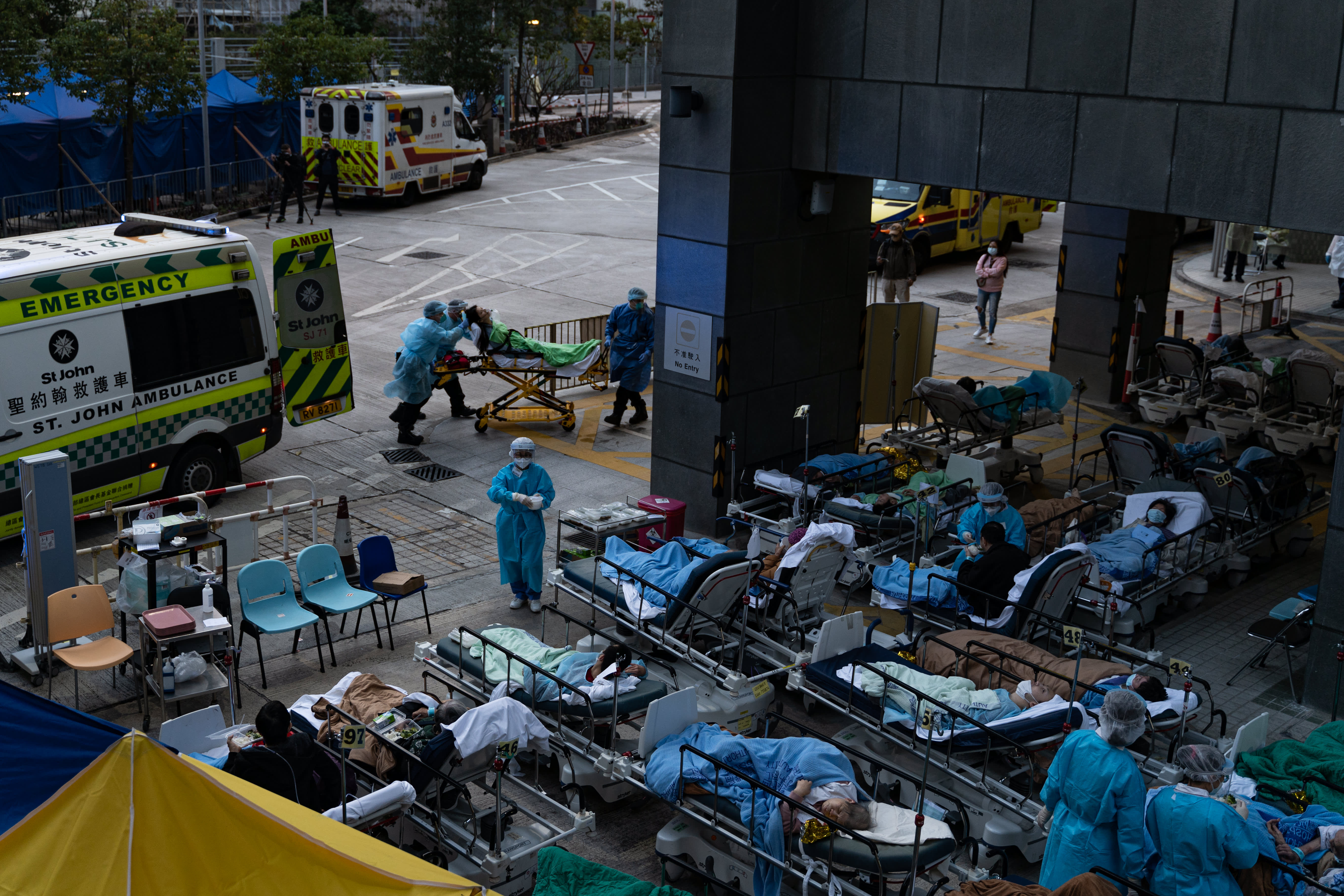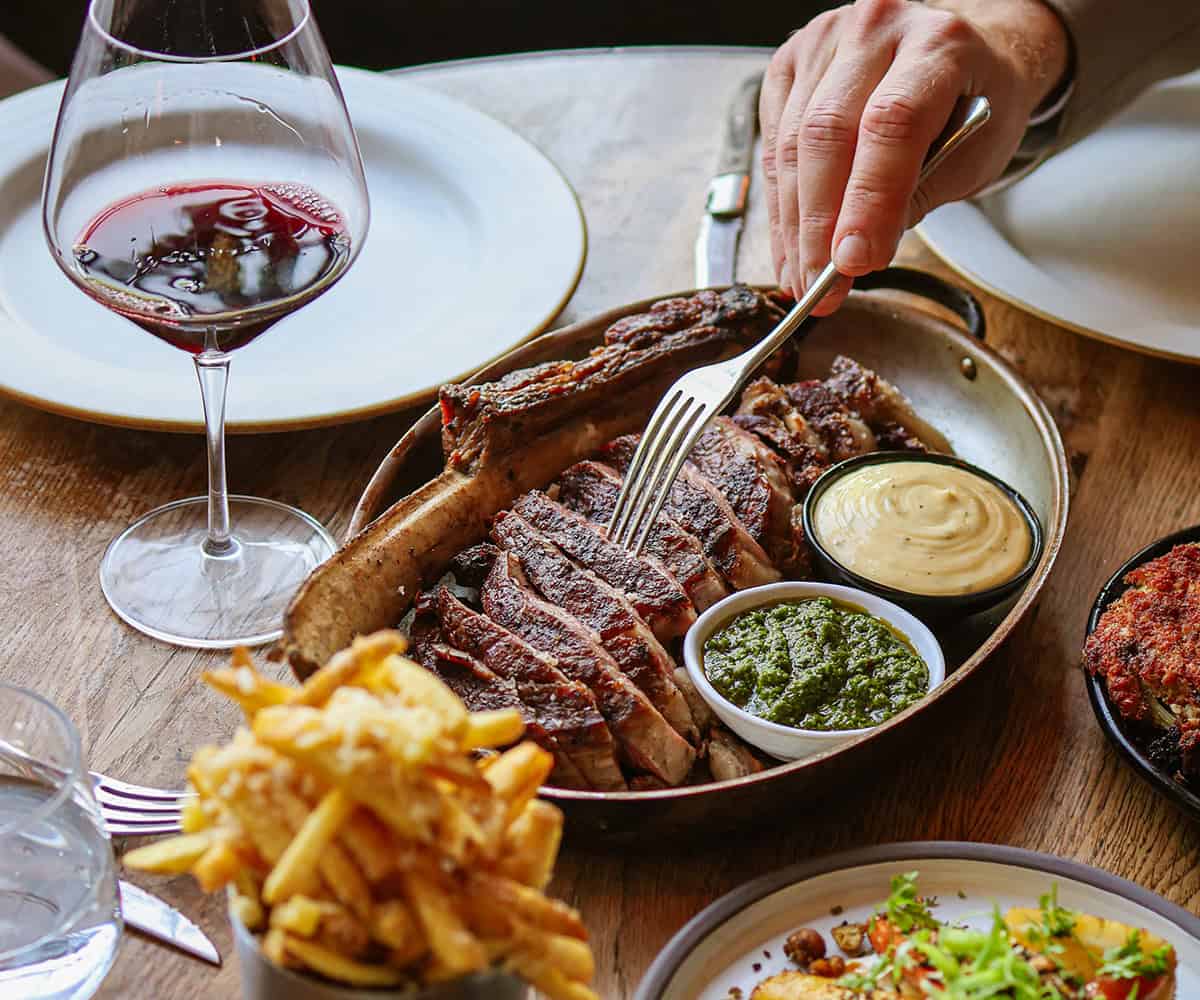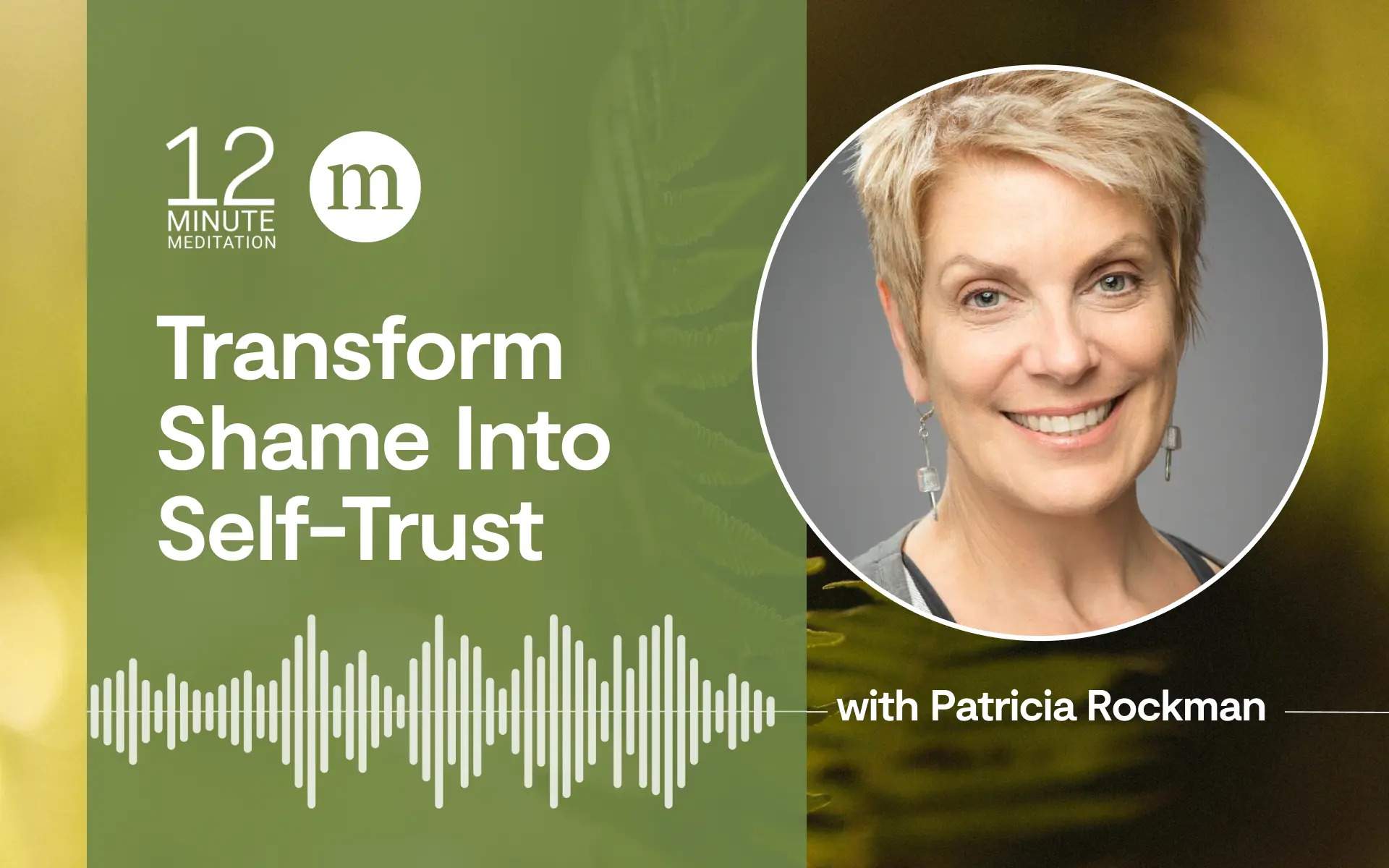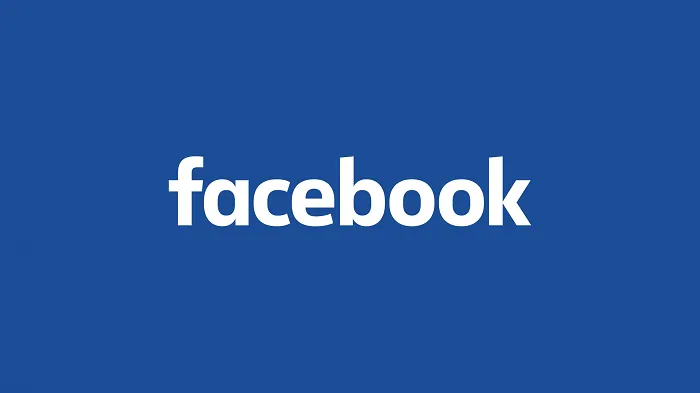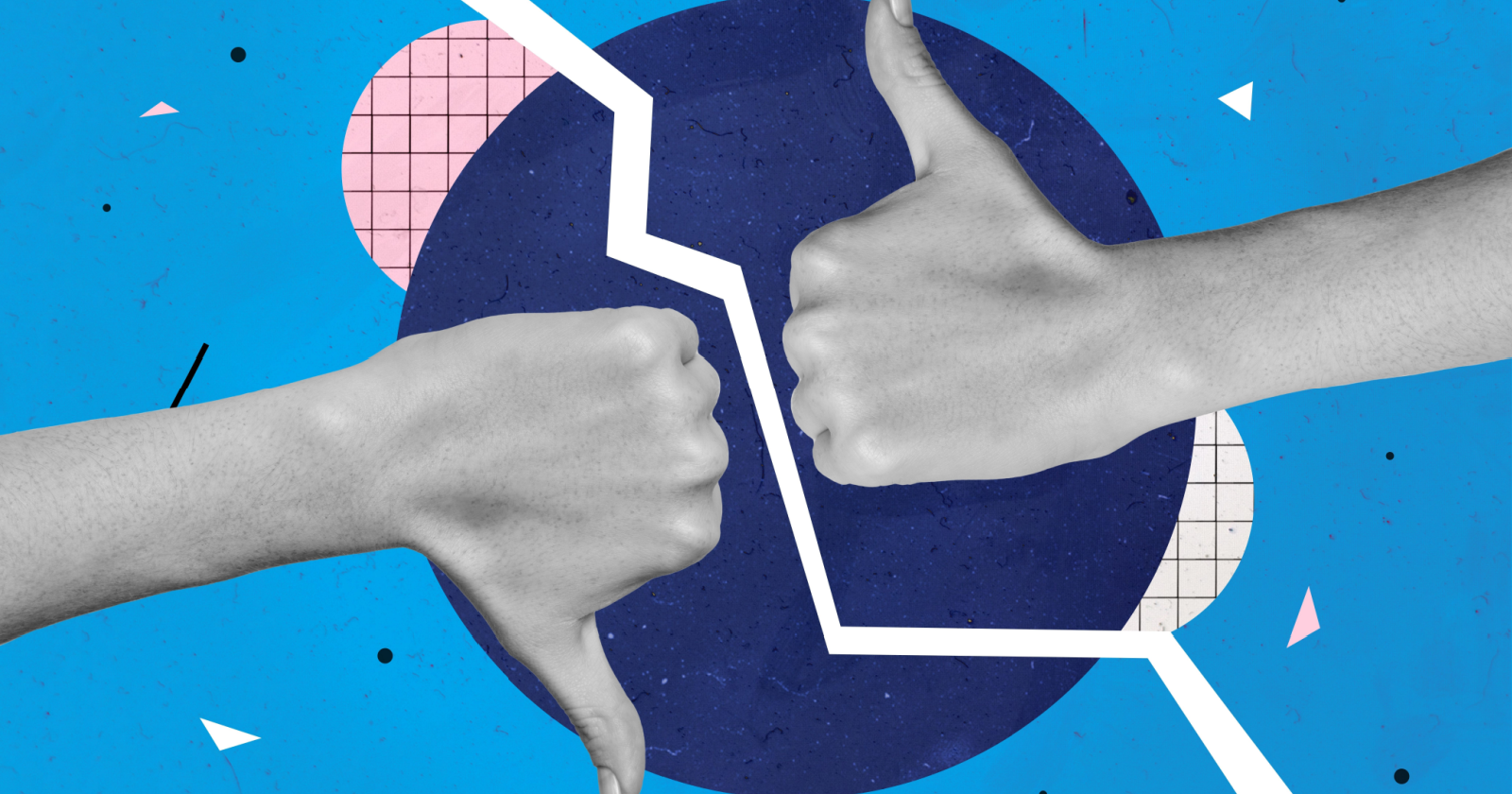Bananas used to be the king of Australia's fruit bowl — so why aren't we buying them?
Growers believe they've become a victim of changing consumer patterns due to the pandemic, and that online orders for fruit that arrive damaged on doorsteps is hurting their reputation.
The banana industry says online grocery shopping is killing off the once undisputed king of Australia's fruit bowl.
Key points:
Banana farmers say sales are down 20 per cent on pre-pandemic figuresThey say bad fruit being delivered to homes is contributing to the problemThe industry launches two campaigns urging consumers to "buy a nana for a farmer"The Banana Growers' Council has launched two new campaigns, asking consumers to "buy a nana for a farmer", as the sector grapples with a 20 per cent drop in sales, labour shortages and a rise in production costs.
Council chairman Stephen Lowe said the fruit — once a staple in lunch boxes across the country — had become the victim of a change in consumer buying patterns due to the pandemic.
He said fruit arriving damaged on doorsteps as well as the online shopping system to pay per banana rather than by weight were contributing to a decline in sales.
"We were putting out 500,000 bananas a week two years ago; now that's down to 400,000," Mr Lowe said.
"The big issue with bananas is changing consumer buyer patterns due to COVID-19.
Bananas are Australia's largest horticultural industry, with the majority of production located in far north Queensland.
Innisfail grower Dean Stinton, a third-generation farmer, also attributed the lack of demand partly due to bad fruit being delivered to homes via online shopping.
"Online orders are not arriving at the doorstep well," Mr Stinton said.
Mr Stinton said high fuel prices and the cost of production — he used to pay $800 for a tonne of fertiliser but is now paying $1,800 — was also impacting his bottom line.
He said staff shortages were another concern, with his father and mother both back in the packing shed, in an industry that normally relied on backpackers for labour.
"Dad is 67 and mum is 65; they should be setting themselves up to retire, not digging themselves out of a hole."
Dancing bananas and hashtags
The industry has launched two marketing campaigns in a bid to counter dropping demand for the fruit.
The #nanaforafarmer initiative aims to encourage consumers to put bananas back on the menu.
Loading
Actor Rob Mills has also been signed up to promote National Banana Day on May 1 through a music playlist called the Karaoke Banana, which features tracks including Harry Belafonte's Banana Boat Song.
Mr Stinton said he hoped the campaign works.
"They are healthy, come in their own packaging, and they are very tasty."

 Tfoso
Tfoso 







